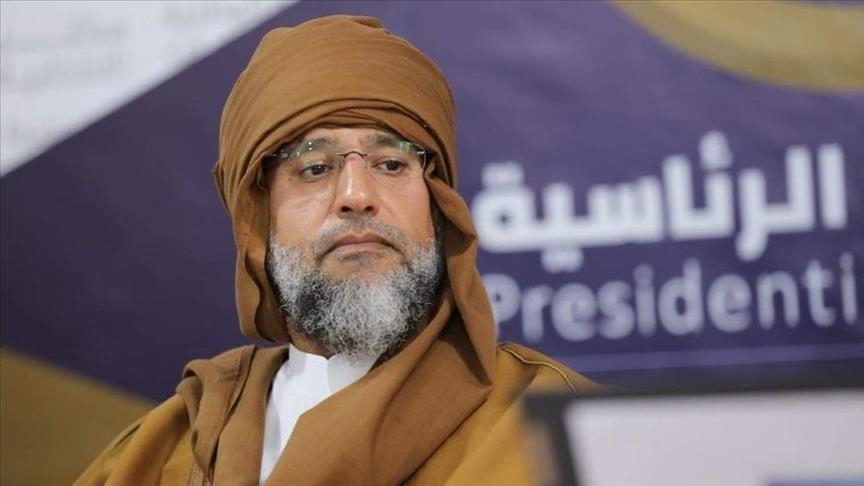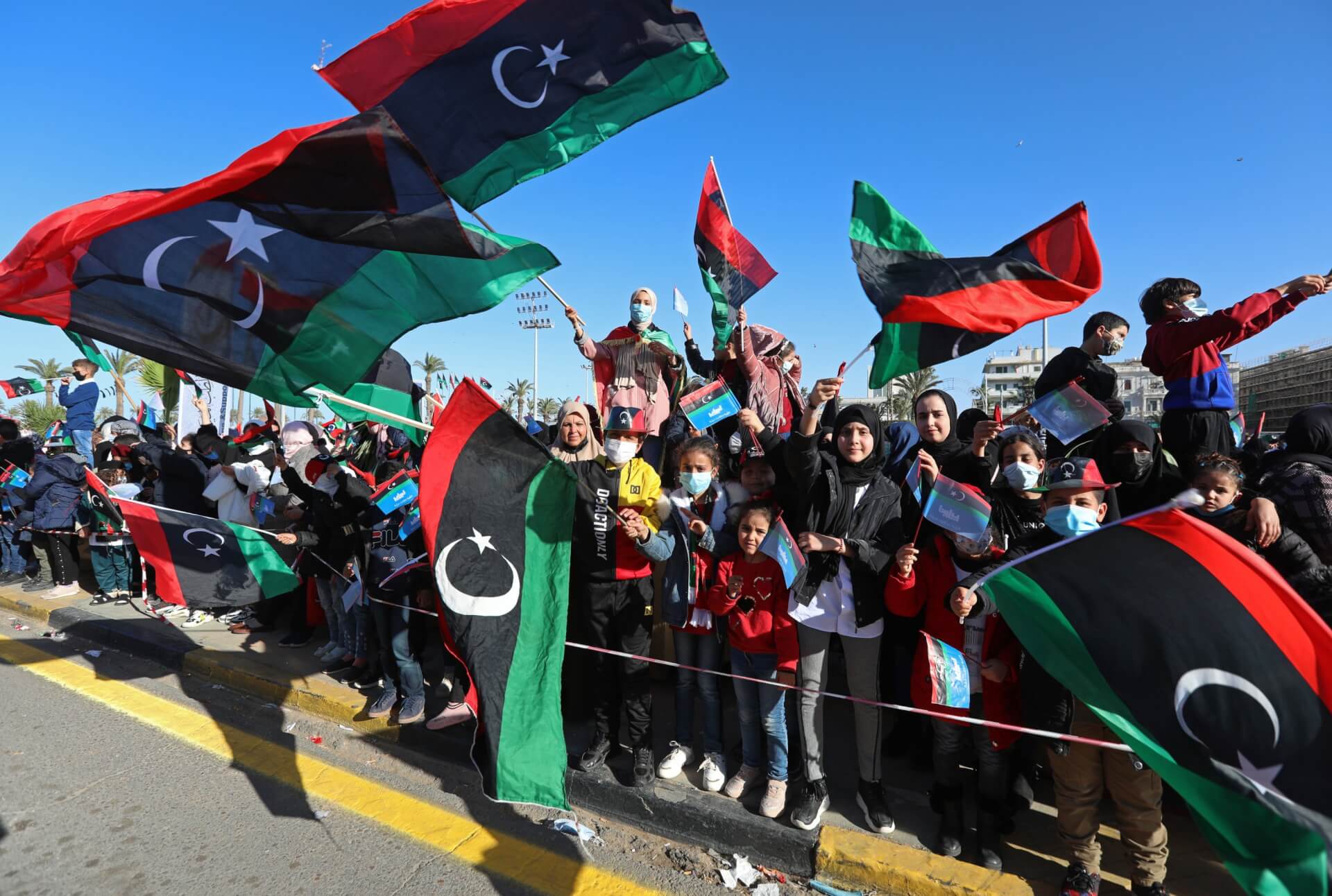Libya has indefinitely postponed the parliamentary and presidential elections scheduled for Friday, dealing a major blow for international efforts to bring peace to the war-torn country.
The Libyan parliament confirmed on Wednesday that the elections would not be held as scheduled on December 24 after a parliamentary committee said that it has become “impossible” to hold the vote. Observers have noted that the recent rise in tensions between armed groups in Tripoli, and political divisions over the candidature of Saif al-Islam Gaddafi were the main reasons why the vote has been delayed.
The announcement came a day after the High National Election Commission (HNEC) ordered the nationwide dissolution of electoral committees without giving any specific reason. Furthermore, the HNEC had not prepared an official list of candidates, citing disputes over the rules of the election and the eligibility of several candidates.
However, the Commission on Wednesday proposed January 24 as the new date for holding the elections and urged the parliament to address the challenges that have led to the failure to hold the vote this Friday.
A major reason for postponing the vote was the dispute regarding the candidature of Saif al-Islam, the son of ousted dictator Muammar Gaddafi. The HNEC had barred Saif from contesting the polls in November over past convictions for committing war crimes. He is wanted by the International Criminal Court on charges of crimes against humanity committed during the 2011 uprising.

However, the commission’s decision was overturned by a court in December, saying that the elections were meant to heal the country by ending a decade of violence. While the court’s verdict was celebrated by his supporters, many Libyans and powerful militias have opposed his candidacy, as they see his presence as unacceptable after the violent struggle to oust his father.
In fact, on Tuesday several armed groups mobilised in the capital Tripoli and blocked roads and traffic. Although there were no reports of any fighting between the militias, the United Nations Support Mission in Libya (UNSMIL) said that the mobilisation “creates tensions and increases the risk of clashes that could spiral into conflict.” UNSMIL called on all sides to resolve differences through dialogue.
Moreover, Amnesty International said on Wednesday that establishing an environment free of violence is “impossible when armed groups and militias […] enjoy rampant impunity.” The global rights group warned leaders that delaying the vote any further would give armed groups the license to carry out attacks against protesters, activists, and journalists. In this respect, the watchdog urged the Government of National Unity (GNU) and the armed forces to instruct the militias to end their “harassment and intimidation.”
There are also deep reservations about the candidacy of Khalifa Haftar, the warlord whose Libyan National Army (LNA) controls swathes of territory to the east. Haftar’s forces launched a major offensive against the internationally recognised government in 2019 that led to the deaths of more than 280 civilians and 2,000 soldiers. However, Haftar’s campaign failed in 2020, leading the UN to mediate talks between rival groups, which ultimately led to the formation of the GNU led by interim Prime Minister Abdul Hamid Dbeibeh who has been tasked with leading the country towards elections.
Experts are worried that this delay could derail the wider peace process and lead to further turmoil. UN Secretary-General António Guterres has said that elections are the “essential next step on the road to peace and stability” and warned that any delays could “stand in the way of Libya’s peaceful transition.”

